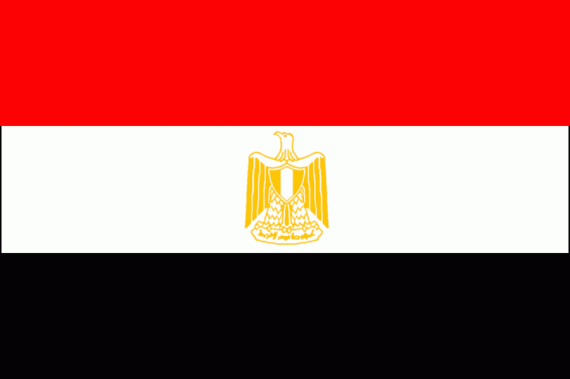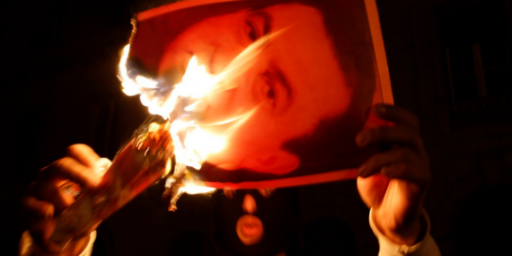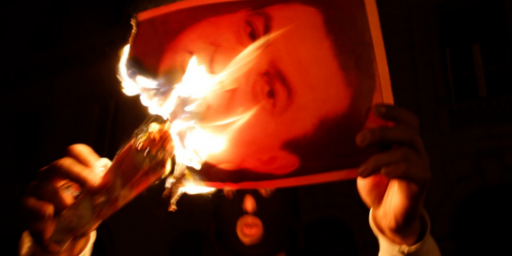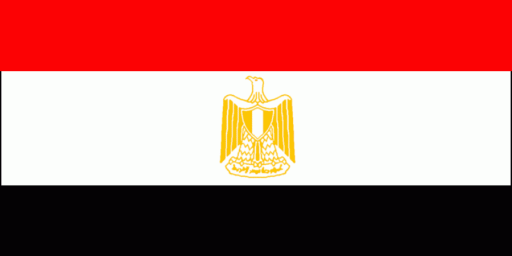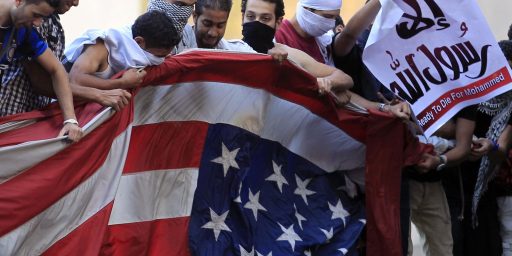Egyptian Presidential Runoff: Mubarak Crony v. Muslim Brotherhood Candidate
The race to become Egypt’s first freely-elected President is, not surprisingly, headed for a runoff, but one has to wonder what kind of choice the Egyptian people really will have in the end:
CAIRO — The Islamist candidate of the Muslim Brotherhood will face former President Hosni Mubarak’s last prime minister in a runoff to become Egypt‘s first freely elected president, several independent vote counts concluded Friday morning.
Out of a broad field of more than a dozen candidates, the runoff will pit the two most polarizing figures against each other in a reversion to the decades-old power struggle between Egypt’s secular-minded military elite and its longstanding Islamist opposition.
It was clear as early as Thursday night that a plurality of votes went to Mohamed Morsi, the American-educated engineer nominated by the Brotherhood, the secretive 84-year-old revival group that became the wellspring of political Islam around the world and already dominates the Parliament.
But it was clear only Friday morning that second place went to Ahmed Shafik, a former Air Force general who briefly served as Mr. Mubarak’s last prime minister. A late entry into the race, he was a dark horse campaigning on promises to use a firm hand against the protests and lawlessness that have prevailed since Mr. Mubarak’s ouster. He presented himself as a strong check on the rise of the Islamists. Of all the candidates in the race, Mr. Shafik came closest to promising a restoration of the old order and aroused both vocal support and threats of a “second revolution” if he should win.
Mr. Shafik’s law and order message resonated with voters, helping him to overtake the two candidates previously considered, along with Mr. Mursi, to be the front-runners. One was Amr Moussa, a former foreign minister under Mr. Mubarak and former head of the Arab League, who had offered a softer but similar message. In the final weeks of the race, Mr. Moussa’s support appears to have all but collapsed in favor of Mr. Shafik.
Ahmad Sarhan, a spokesman for Mr. Shafik, said voters had rallied to the candidate because he promised to “save Egypt from the dark forces,” referring to the Muslim Brotherhood and more militant Islamists.
Mr. Shafik would bring back security, Mr. Sarhan said. “The revolution has ended,” he said. “It is one and a half years.” The other former front-runner who fell behind Mr. Shafik was Abdel Moneim Aboul Fotouh, a dissident former Brotherhood leader campaigning as both an Islamist and a liberal. He explicitly challenged the Brotherhood’s authority to speak as the voice of political Islam. His iconoclastic campaign promised to upend the old culture-war dichotomies of Egyptian and Arab politics, and it caught fire among an unlikely alliance of Brotherhood youth, ultraconservative Islamists known as salafis, and more secular minded leftists and liberals.
Mr. Aboul Fotouh came in third, according to multiple tallies. But in the final weeks of the campaign, some of his more secular-minded supporters appear to have shifted their allegiance to another dark horse, Hamdeen Sabahi, a Nasserite socialist, who appeared to narrowly trail Mr. Aboul Fotouh in the vote count.
Some liberals and leftists had argued that, in a country where 75 percent of the parliamentary vote went to the Brotherhood or more conservative Islamists, Mr. Aboul Fotouh was their best hope to challenge the Brotherhood’s political dominance. But after Mr. Aboul Fotouh accepted the endorsement from the main party of the ultraconservative salafis a few weeks ago, some high-profile artists and intellectuals jumped to Mr. Sabahi.
Mr. Sabahi offered an alternative for those who opposed both the Islamists and the former Mubarak government. A former poet turned populist, he combined a history of opposition to Mr. Mubarak, a public embrace of the arts, and full-throated defense of the cause of workers and farmers. He promised heavy taxes on the rich, more subsidies for the poor, a greater state role in the economy, and an end to the “the spirit” of Egypt’s Camp David peace treaty with Israel.
As the votes were counted Friday morning, some liberals and leftists ruefully observed that, taken together, Mr. Aboul Fotouh and Mr. Sabahi attracted more votes than Mr. Shafik or Mr. Mursi. Neither, however, will enter the runoff.
It’s hard to tell what all of this means, of course,especially considering that the Egyptian military doesn’t seem inclined to give up the enhanced powers it gained after the fall of Hosni Mubarak. Nonetheless, this sets up an interesting battle for Round Two.
